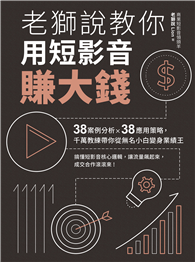This book rethinks procreative responsibility considering the continuous development of Assisted Reproductive Technologies. It presents a person-affecting moral argument, highlighting that the potential availability of future Assisted Reproductive Technologies brings out new procreative obligations.
Traditionally, Assisted Reproductive Technologies are understood as practices aimed at extending the procreative freedom of prospective parents. However, some scholars argue that they also give rise to new moral constraints. This book builds on this viewpoint by presenting a person-affecting perspective on the impact of current and future Assisted Reproductive Technologies on procreative responsibility, with a specific focus on reproductive Genome Editing and ectogenesis. The author shows that this perspective is defensible both from a consequences-based person-affecting perspective and from a person-affecting account that considers morally relevant intuitions and attitudes.
Procreative Responsibility and Assisted Reproductive Technologies will appeal to scholars and advanced students working in bioethics and procreative ethics.












